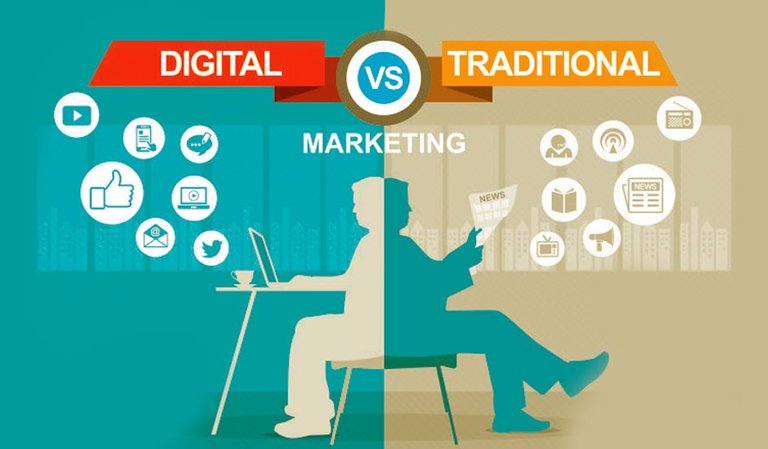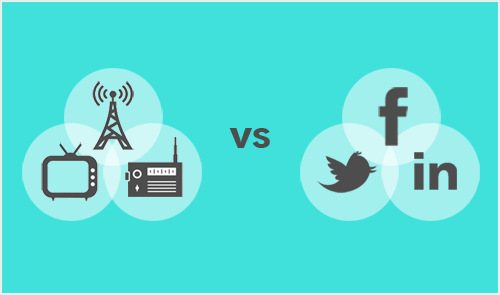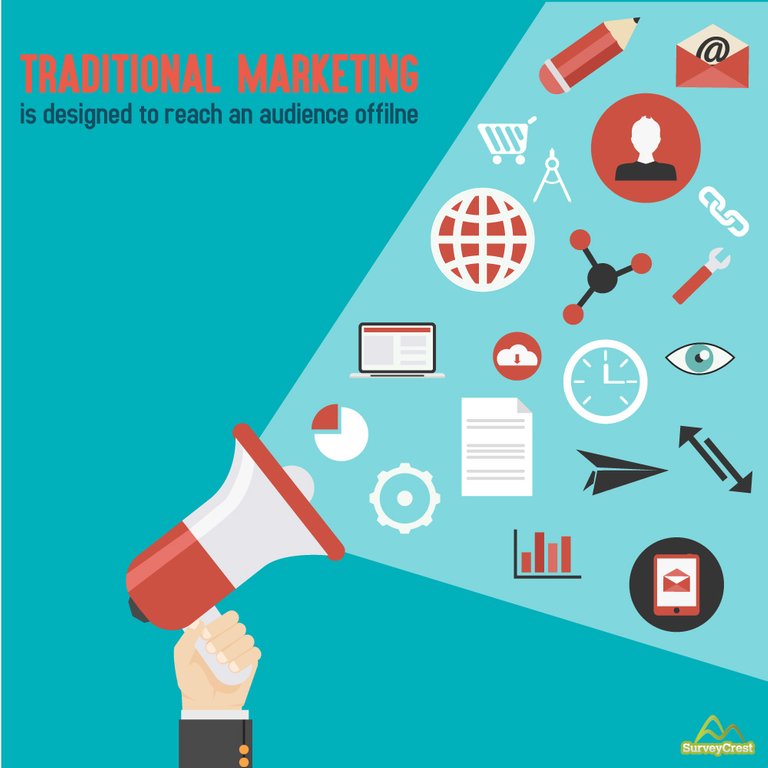As revelations continue to unfold in the latest Facebook scandal, we now know that millions of its users have unwittingly participated in research revealing details about their friends, their shopping habits, and their psychological profile, otherwise known as “psychographics,” or profiling of personality. According to one New York Times report, Facebook users opted in to complete a personality test using Qualtrics, software widely adopted by social science researchers to gather legitimate data in a convenient online manner. University researchers in the U.S. who use Qualtrics must undergo review by their institutions regarding the protection of study participants. Those review panels require that each Qualtrics survey begins with a statement of the rights of the participants, including confidentiality, anonymity (in most cases), the right to withdraw, risks and benefits, and a clear statement of what the participant can expect to have happen with the data. After completing the questionnaire, the researcher provides participants with a “debriefing” form that reveals the real purpose of the study along with contact information of the investigator.
The Psychology of Social Networking
- Expanding your social network beyond your familiar circle of friends can have surprising benefits. It's those weak ties that bring fresh ideas and unexpected opportunities: a job, an apartment, a mate. The Internet is providing new tools for cultivating and capitalizing on those networks; someone you've never met in person could change your life.
All About Personality
- Questions of personality have vexed mankind from the dawn of personhood: can people change? How do others perceive me? What is the difference between normal and pathological behavior? One's personality is so pervasive and all-important that it presents a clinical paradox of sorts: it is hard to assess our own personality, and impossible to overlook that of others.
It appears that these protections weren’t taken when Alaksandr Kogan, a University of Cambridge (England) psychologist who worked for Cambridge Analytica, partnered with Facebook to provide a means of profiling users (who had to opt-in) with a personality test assessing the Five Factor Model. This is a test that is widely used in legitimate research on everything from narcissism to psychopathology and every other personality constellation in between. There are short and long versions; this article will lead you to some of these free versions.
The Truth About Narcissism
- Narcissists cut a wide, swashbuckling figure through the world. At one end of the self-loving spectrum is the charismatic leader with an excess of charm, whose only vice may be his or her inflated amour-propre. At the far end of the spectrum reside individuals with narcissistic personality disorder, whose grandiosity soars to such heights that they are manipulative and easily angered, especially when they don't receive the attention they consider their birthright. Here's how to figure out whether the big talker in your office really believes his or her own hype.
It is true that those who gave their most intimate personality data to Kogan had to agree to participate, and then click on the link that took them to Qualtrics. However, what they didn’t realize was that the answers they provided would then provide Cambridge Analytica with profiles that could influence their Facebook feed. Other data about users also got drawn into the profile, which in turn gave even more personal information.
As part of the expose now coming to light, one study, in particular, has not received a great deal of attention, but in some ways is even more ominous than the Cambridge Analytica story alone. In 2015, Kogan published a scientific article with collaborators from well-respected academic institutions as well as his company, and Facebook researchers, in which the claim was made that people of higher social status have fewer international friends. The underlying theory was that people with greater wealth and power don’t need to affiliate with people who aren’t like them; i.e., people from other nations. The authors didn’t seem to think that using data from millions of Facebook data, without their awareness, would constitute an ethical violation. See what you think after reading the details of this paper.
You can begin by considering the source of the paper. Published in the journal “Personality and Individual Differences,” which sounds reasonably legitimate (not exactly a grocery store tabloid), the article’s authors are listed as including an “Aleksandr Spectre.” This was Kogan in disguise, using his married surname. It would be impossible to make the connection between him and the Cambridge Analytica psychologist unless you knew to read the study’s footnote to this effect. Second, the journal itself is “Open Access.” This means that you can read the article yourself without requiring an institutional subscription, such as the very expensive university online databases. Sounds great, until you realize that the business model for Open Access journals involves having authors pay substantial sums to see their work reach the scientific community and popular press. In the case of this particular journal, the publisher (Elsevier) lists the fees as approximately $2350 USD per article. In return for this fee, you’re guaranteed review by academic readers, so you can’t just publish anything.
The articles that the Open Access journal publishes may very well be as high quality as those published in non-open journals, but there is this important distinction to consider. Those considered to have met the highest standards for Open Access journals are listed in the Directory of Open Access Journals. These are the journals that must exercise rigorous peer review and editorial control. Personality and Individual Differences is not listed in this directory.
Now let’s turn to the article itself and how the authors stepped over the line in their use of Facebook data. They note that the population of Facebook users is highly appropriate for research on this topic: “Several aspects of the Facebook platform allow us to overcome certain classic challenges in social sciences. First, Facebook's user base is massive, spanning over 1.3 billion users; thus, in our second study, our findings provide insights based on data from every corner of the earth and most walks of life” (p. 225). Kogan and his collaborators clearly believe that overcoming the “challenges” of having to recruit participants who deliberately agree to be in a research study justifies their use of data obtained without permission.
There were two studies published in the Yearwood et al. article. In the first, participants agreed through the normal route of providing consent to complete an online survey. As the authors point out, “no deception was used” (p. 225). All participants had at least one Facebook friend. When they agreed to be in the study, they agreed to authorize Facebook to gather information from their profiles automatically which may or may not have been in the “fine print” of the consent form. This agreement, though, meant they would now provide information that could be used to find out their total number of friends and where their friends were currently located. The total number of friends whose locations and contact information was obtained, totaling 287,739 Facebook users. In other words, over a quarter of a million people had their Facebook data accessed without their knowledge, and all through the pushing of a “yes” button by the actual study participants.
All About Deception
- Studies show that the average person lies several times a day. Some of those are biggies (“I’ve always been faithful to you,”) but more often, they are little white lies (“Of course that dress looks good on you!”) Some forms of deception aren’t exactly lies— like combovers or nodding when you’re not really listening. And then there are lies we tell ourselves for reasons that run the gamut, from healthy maintenance of self-esteem to serious delusions beyond our control.
The results of this first, survey-based, study showed a small but significant relationship between people’s social status and the number of international friends. The findings, the authors claimed to support the “restricting social class hypothesis” that wealth narrows your friendships to those in your own country. With this as their starting point, the Yearwood et al. team moved on to the next study using all the Facebook data in the world with, of course, the help of Facebook. As the authors stated, “Facebook provided data on every friendship formed in 2011 in every country in the world at the national aggregate level. These datasets included a total of 57,457,192,520 friendships. From these data, we knew how many friendships were made within each country (domestic friendships) and also how many friendships were made between every country pair (international friendships)” (p. 226). Although these were aggregated data (i.e. no data from individuals), profile and contact data of individuals clearly had to be fed into the analyses in some form.
All About Teamwork
- Let's work together: On the playing field, at the office, and at home. Just watch the point guard running a basketball team's offense, he can't do it without his teammates. Plus, raising children needs cooperation and a fair share of the workload. Humans are social animals, and civilization is the result of a pooled effort. It pays to figure out what got us here, and how we can continue to join forces going forward.
All About Friendship
- Anais Nin put it beautifully when she said, "Each friend represents a world in us, a world possibly not born until they arrive, and it is only by this meeting that a new world is born." Though some natural loners are happy without them, most of us depend greatly on the company of true friends. As with any relationship, friendships bring support and joy and occasionally strife. Here's how to make friends, understand friendship better, and appreciate why friends matter.
To be sure, the Facebook data used in this second study was nation-, not individual-based. At this national level of analysis, the authors concluded that people from “high status” countries had fewer international friends than people from “low status” countries, a determination based on Gross Domestic Product of the user's home country. The effect, though significant, was relatively small, with people from low-status countries having 35% international friendships and those from high-status having 28% of their friends located in other countries.
With these numbers in mind, the authors conclude that people of higher status (or at least those living in high GDP countries), are more likely to have outgroup biases, greater anxiety about people from groups other than their own, and higher levels of prejudice. People with greater wealth, in other words, “tend to think and act in ways that reinforce their social class” (p. 228), despite their greater opportunities to travel and conduct work at an international level.
What Is Anxiety?
Anxiety, or extreme apprehension and worry, is a normal reaction to stressful situations. But in some cases, it becomes excessive and can cause sufferers to dread everyday situations.
What Is Bias?
- A bias is a tendency, inclination, or prejudice toward or against something or someone. Some biases are positive and helpful, such as choosing to eat foods that are considered healthy, or staying away from someone who has knowingly caused harm. But biases are often based on both positive and negative stereotypes, rather than actual knowledge of an individual or circumstance. These cognitive shortcuts can result in prejudgments that lead to rash decisions or discriminatory practices.
- The most common examples of unfair bias are based on stereotypes about another person's race, ethnicity, gender, religion, group, and so on. This type of bias increases susceptibility to stereotype threat, a situation wherein people behave in certain ways to avoid confirming a known stereotype about their particular group. Relying on biases but keeping them in check requires a delicate balance between self-protection and compassion or empathy for others.
This paper was only one of the studies, published or not, that Cambridge Analytica performed on Facebook users without their explicit consent. It fails to conform to the ethical standards that psychologists must adopt, as well as the standards that academic journals require before they will publish a study. Additionally, funding for this study was provided by a U.K. research grant as well as by a grant from St. Petersburg State University, in addition to the personnel and resources made available from Facebook. In the U.S., funding by the National Institutes of Health or National Science Foundation will not be provided to a researcher without clear identification of the methods used to recruit participants.
Living a Healthy Life
- Living a healthy life means making lifestyle choices that support your physical, mental, spiritual, and emotional well-being. It can be challenging at times, when one facet of your health demands more attention than others, and you must struggle to maintain a good balance. To be of sound body, mind, and spirit, it's important to pay attention to all aspects of health, since your mental, emotional, and spiritual health play a role in your physical health, and vice versa. A state of good health means more than just the absence of a disease or disorder; it also means having the resources to cope with problems and circumstances beyond your control and recover from difficult or troubling situations.



Hello,
We have found that all or part of the above post may have been copied from: https://www.psychologytoday.com/us/blog/fulfillment-any-age/201804/how-facebook-stole-your-psychological-profile
Not indicating that the content you post including translations, spun, or re-written articles are not your original work could be seen as plagiarism.
These are some tips on how to share content and add value:
Repeated plagiarized posts are considered spam. Spam is discouraged by the community, and may result in action from the cheetah bot.
If you are actually the original author, please do reply to let us know!
More Info: Abuse Guide - 2017.
If you reply to this comment directly, we may not notice your response.
It is recommended to contact us in our Discord Channel, instead.
Thank you.
Thank for sharing buddy 😀
Hi @bal-cheng. This article is copy pasted from:
https://www.psychologytoday.com/us/blog/fulfillment-any-age/201804/how-facebook-stole-your-psychological-profile
Unless the original article is yours, this is an act of plagiarism. This action would not and should not be tolerated.
it's not an article plagiarism, friend